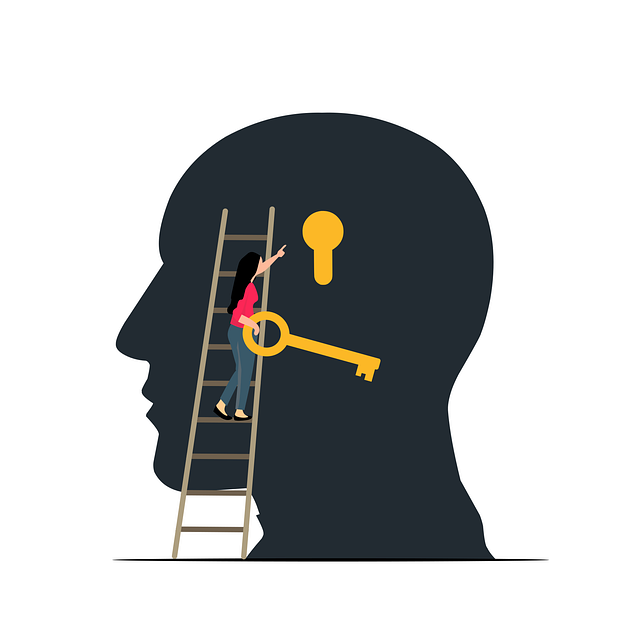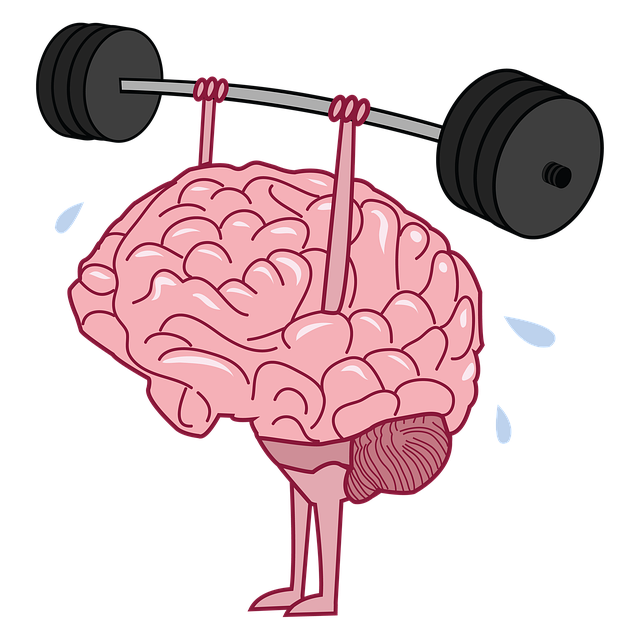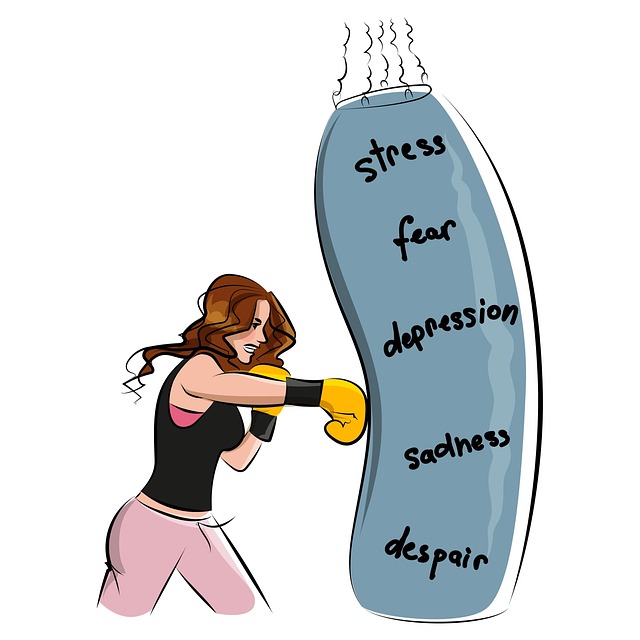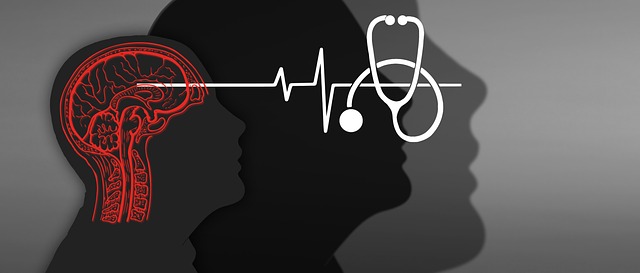The text emphasizes the potential of positive thinking as a powerful therapy for adolescent teens with cancer issues. By combining mental wellness practices like journaling and CBT, healthcare can empower young patients. These approaches aim to improve treatment outcomes by providing teens with tools for emotional resilience and control. Key strategies include education on gratitude journaling, conflict resolution, and cultural competency training for healthcare providers. Success is measured through improved mood regulation, coping mechanisms, and long-term emotional intelligence, benefiting teens' overall well-being and future challenge navigation.
Positive thinking exercises offer a powerful tool for empowering adolescent cancer patients, fostering resilience in the face of challenging diagnoses. This article explores the profound impact of cognitive behavioral therapy (CBT) on teens battling cancer, providing practical strategies for integrating positivity into daily life. We delve into effective exercises, address challenges, and highlight long-term benefits, offering valuable insights into a holistic approach to support adolescent teens navigating cancer issues through therapeutic thinking practices.
- Understanding the Impact of Positive Thinking on Teen Cancer Patients
- The Role of Cognitive Behavioral Therapy in Fostering Positivity
- Practical Exercises for Daily Implementation
- Overcoming Challenges and Building Resilience
- Measuring Success and Long-Term Benefits
Understanding the Impact of Positive Thinking on Teen Cancer Patients

The impact of positive thinking on teen cancer patients is a significant area of interest in the field of mental wellness for adolescents facing severe health challenges. Research indicates that cultivating a positive mindset can be a powerful therapy for adolescent teens with cancer issues, offering a different approach to coping and recovery. By encouraging mental wellness through journaling exercises and guidance, young patients can gain a sense of control and resilience, which is crucial during their treatment journey.
This proactive strategy, when implemented alongside traditional healthcare treatments, has the potential to enhance overall patient outcomes. Mental health policy analysis and advocacy play a vital role in ensuring these positive thinking practices are readily accessible to all adolescent cancer sufferers. Moreover, healthcare provider cultural competency training can help professionals better understand and support teens in adopting and maintaining a positive outlook, contributing to improved mental wellness and better quality of life during and after cancer treatment.
The Role of Cognitive Behavioral Therapy in Fostering Positivity

Cognitive Behavioral Therapy (CBT) has emerged as a powerful tool in fostering positivity and promoting mental well-being, especially among adolescent teens facing cancer issues. CBT is a form of therapy that focuses on identifying and changing negative thought patterns and behaviors. By challenging these distorted thoughts, CBT helps individuals develop a more positive and realistic perspective, which can significantly enhance their coping mechanisms.
For teenage cancer patients, CBT offers a structured approach to navigate the emotional challenges they may encounter. It enables them to manage symptoms of depression prevention, improve mood regulation, and cultivate resilience. Through this therapy, teens learn valuable self-care routine development skills for better mental health, allowing them to actively participate in their treatment journey. By addressing negative thought cycles, CBT empowers adolescents to take control, foster a sense of positivity, and ultimately, enhance their quality of life.
Practical Exercises for Daily Implementation

Incorporating positive thinking exercises into daily routines can significantly benefit adolescent teens facing cancer issues. Simple yet powerful practices like gratitude journaling encourage reflecting on life’s positives, fostering resilience and emotional well-being. Starting with a few minutes each day, teens can write down three things they are thankful for, helping to shift focus from challenges to strength. This mental health education program design promotes self-care, a crucial aspect of managing stress and anxiety associated with cancer treatment.
Additionally, incorporating conflict resolution techniques and communication strategies through conversation starters or family discussions can enhance connections and understanding. These exercises encourage teens to express feelings openly, practice active listening, and find common ground, thereby strengthening relationships within support networks. Such practices not only contribute to overall mental health but also equip adolescents with valuable life skills that may help them navigate future challenges, including navigating complex cancer therapy experiences.
Overcoming Challenges and Building Resilience

Positive thinking exercises can be a powerful tool for adolescents facing cancer issues, offering a means to overcome challenges and build resilience. Through structured activities that encourage cognitive reframing and gratitude practices, teens can learn to navigate their diagnosis with hope and determination. This is particularly significant in light of the potential emotional turmoil associated with cancer therapy, allowing individuals to develop coping mechanisms that foster adaptability and mental fortitude.
Implementing these exercises requires a nuanced approach, especially when considering cultural sensitivity in mental healthcare practice. Tailoring strategies to align with diverse backgrounds and beliefs can enhance the effectiveness of therapy for adolescent teens. Moreover, community outreach program implementation plays a crucial role in promoting access to such resources, ensuring that those facing cancer issues receive holistic support. As part of a broader mental health policy analysis and advocacy effort, these initiatives contribute to creating supportive environments where positive thinking exercises thrive, ultimately improving outcomes for young patients navigating their cancer journey.
Measuring Success and Long-Term Benefits

Measuring success and recognizing long-term benefits are essential aspects of positive thinking exercises for adolescent teens facing cancer issues. While immediate outcomes like improved mood and better emotional regulation can be observed, these skills extend far beyond the duration of therapy. Incorporating positive thinking strategies into daily routines fosters resilience, enabling teens to navigate challenges with enhanced coping mechanisms. This not only aids in managing symptoms associated with cancer treatment but also promotes overall emotional intelligence.
Over time, these practices contribute to sustained mood management, allowing adolescents to maintain a sense of optimism and control despite adversity. The benefits extend to various areas of life, including school performance, social interactions, and future decision-making. Research suggests that emotional regulation skills acquired during therapy can significantly impact the overall well-being of young cancer survivors, shaping their ability to confront future obstacles with adaptability and positivity.
Positive thinking exercises, as a component of cognitive behavioral therapy, offer a powerful tool for empowering adolescent cancer patients. By integrating these practices into daily routines, therapists can foster resilience, improve coping mechanisms, and enhance overall well-being. Through consistent application, positive thinking can significantly impact the mental fortitude of teens navigating cancer issues, potentially leading to better outcomes and improved quality of life. This approach deserves further exploration as a game-changer in the realm of therapy for adolescent teens with cancer-related challenges.












